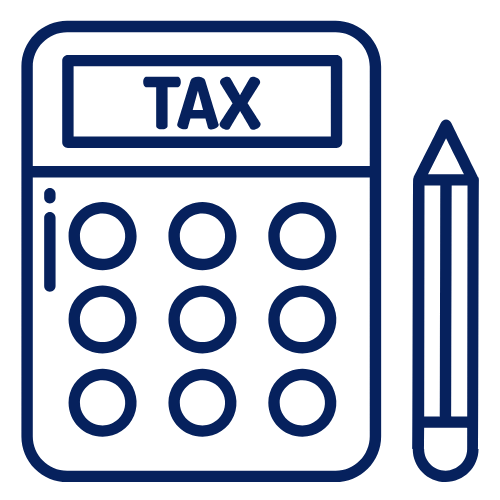We are a leading independent firm of chartered accountants and financial advisers located in Morpeth, supporting ambitious clients across Northumberland, the North East region, and beyond.
Our mission is simple: deliver the accounting support you need, the dedication you deserve, and the results you can rely on.
At Wellway Accountants we offer a full range of essential accounting services, tailored to your specific needs - from bookkeeping and payroll, to tax planning, tax preparation and tax returns. But we don’t stop there. While our expert accountants ensure compliance, accuracy, and efficiency, our financial advisers bring strategic insight, financial growth, and long-term vision. Combined, we're able to deliver clear and coordinated advice to cover your full financial picture.
Our approach is built on professionalism, transparency, and genuine care. By taking the time to understand your circumstances, challenges, and ambitions, we can tailor our services to you.

Explore Our Services
How do we work?
Our approach is built on professionalism, transparency, and genuine care. We believe communication should be clear and approachable, without jargon or confusion. Whether you’re a business owner seeking strategic support or an individual looking for financial clarity, our team is here to offer clear, dependable expertise, whenever you need it.

Trusted Expertise, Proven Results
With over 30 years of industry experience, our clients benefit from tried-and-tested financial strategies, delivered by a team that balances expert knowledge with genuine care. It’s the expertise you need, the dedication you deserve, and the results you can rely on.
.png)
Complete financial support
By combining the expertise of our accountants and financial advisers, we can ensure all areas of your financial plan are fully aligned. From tax planning to investments, every element is carefully coordinated, giving you clear, consistent guidance to support your full financial picture.
.png)
Accountancy Built Around You
Every client is unique, and so is our approach. We take the time to understand your financial goals, challenges, and motivations, so that we can deliver tailored accounting solutions that truly work for you.
.png)
Specialist Sector and Industry Insight
As accountants for start-ups and established businesses across a range of dynamic fields, we can speak the language of your sector, anticipate your challenges, and provide the expert guidance you need, especially when the landscape shifts.
.png)
Here for your journey
Whether you're starting out, scaling up, or planning for the future, we provide expert accounting support for every stage. Our services and advice evolve with your needs, helping you to make smart decisions for your long-term success.
.png)
Latest news from Wellway Accountants











